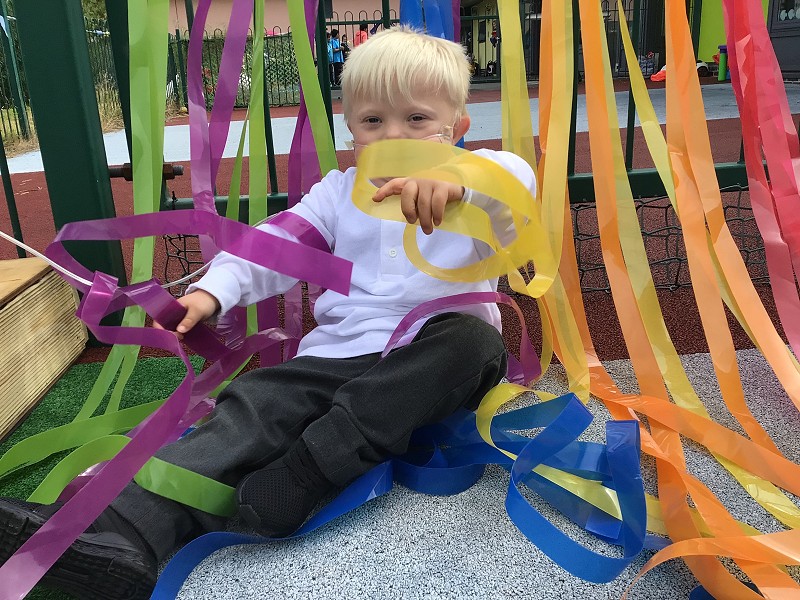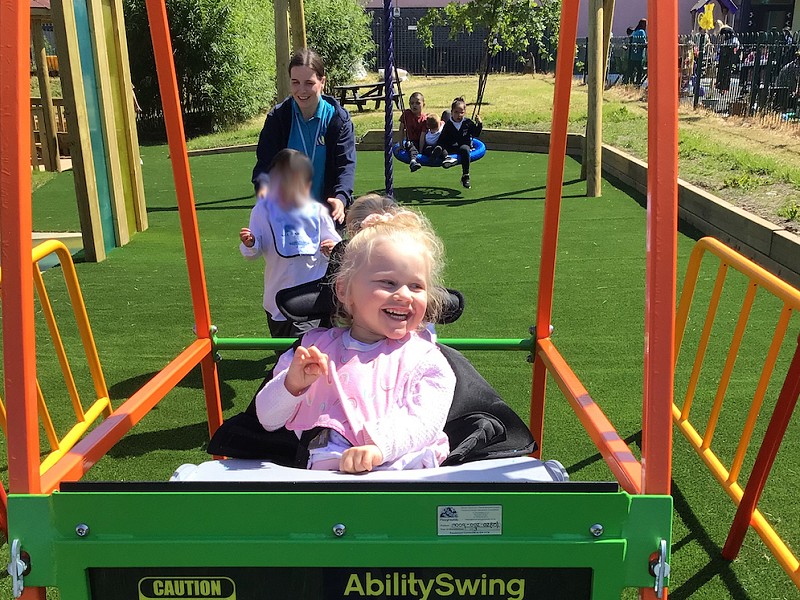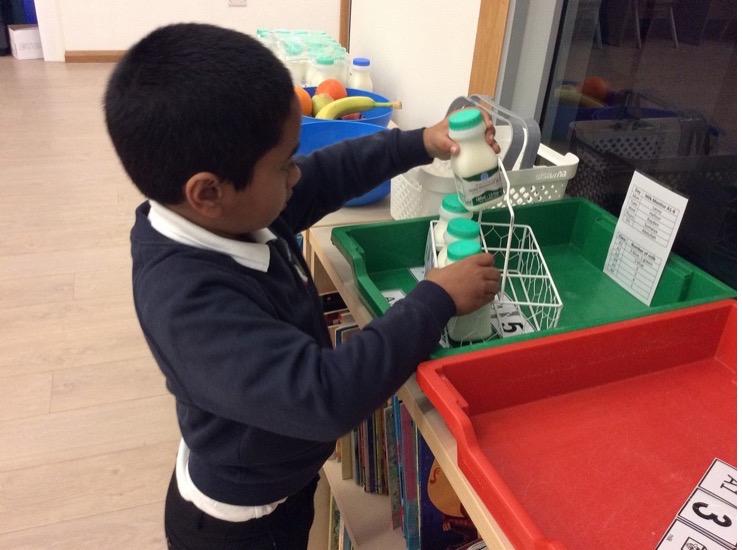Explorers
Our Explorer’s provision was established as an opportunity to support a more integrated approach moving from EYFS through to year two. The EYFS Framework and Key Stage One national curriculum has informed our curriculum and approach used within the provision, giving pupils an opportunity to form positive relationships and learn self-regulation skills.
The needs of our youngest children are at the heart of our Explorer’s provision, with the aim of welcoming exploration and growth and sew the seeds for a life long love of learning.

Curriculum
The Explorers Curriculum encourages pupils to play and explore, be active learners and create and think critically. The curriculum has seven areas of learning to ensure key skills and knowledge are developed for all pupils.

Pedagogy
In Explorers we recognise the importance of building the foundations of our learner’s skills and knowledge. We use a range of teaching approaches based on best practice and research to support our learner’s to achieve their full potential.

EYFS
Children who are within the EYFS will follow the Explorers curriculum. Read more about the Statutory guidelines and assessments for EYFS pupils in this section and how this is embedded and differentiated for those children within the Explorers curriculum.